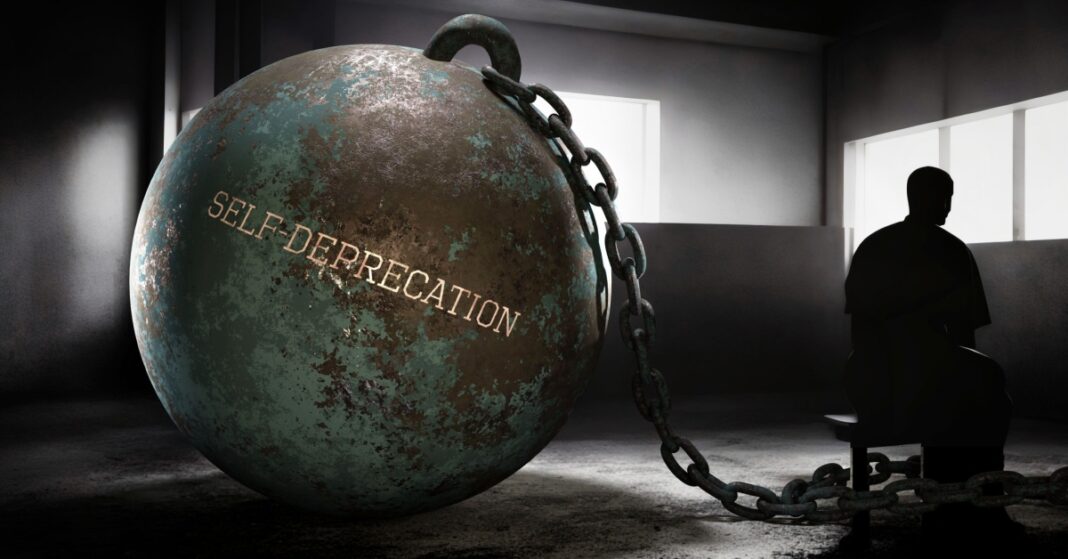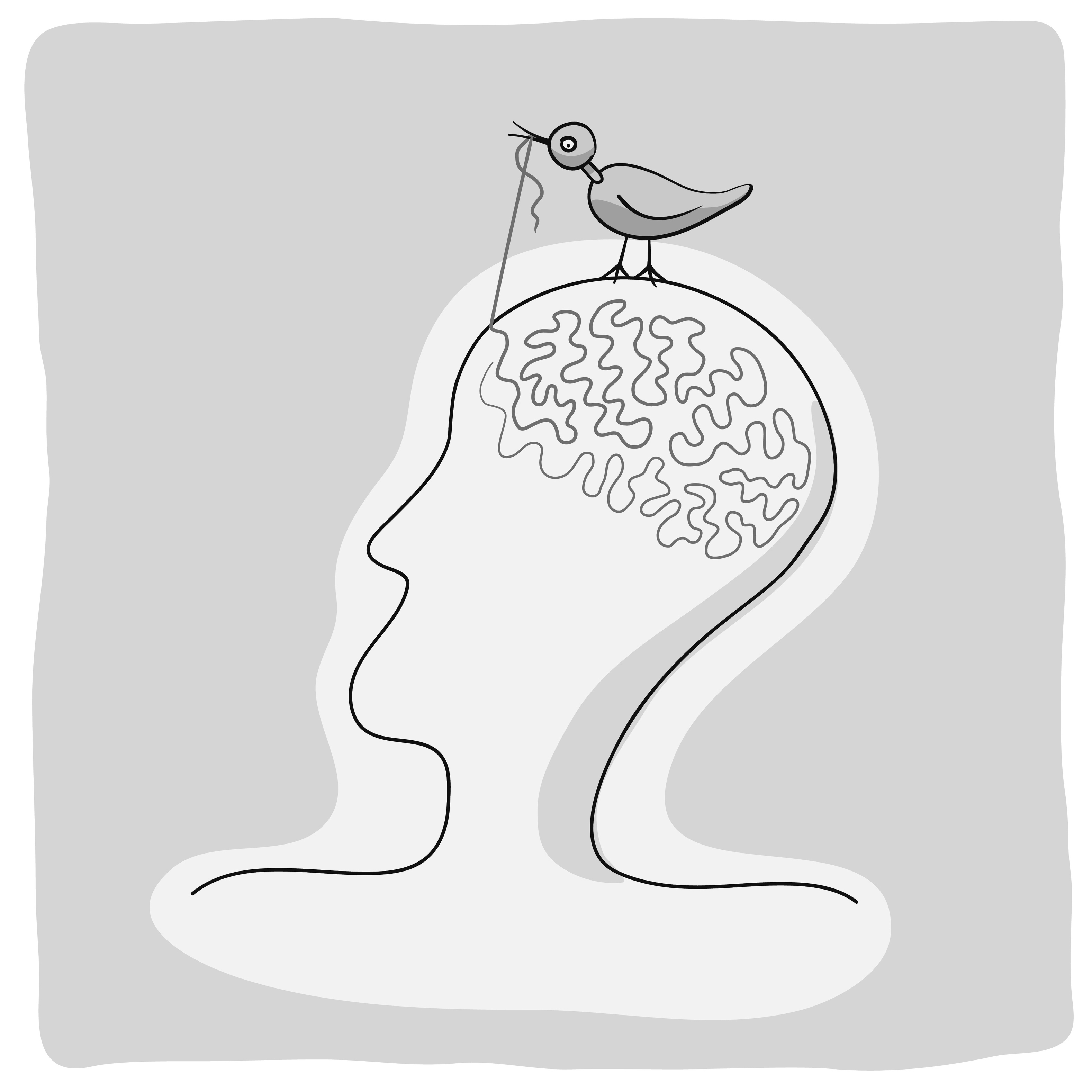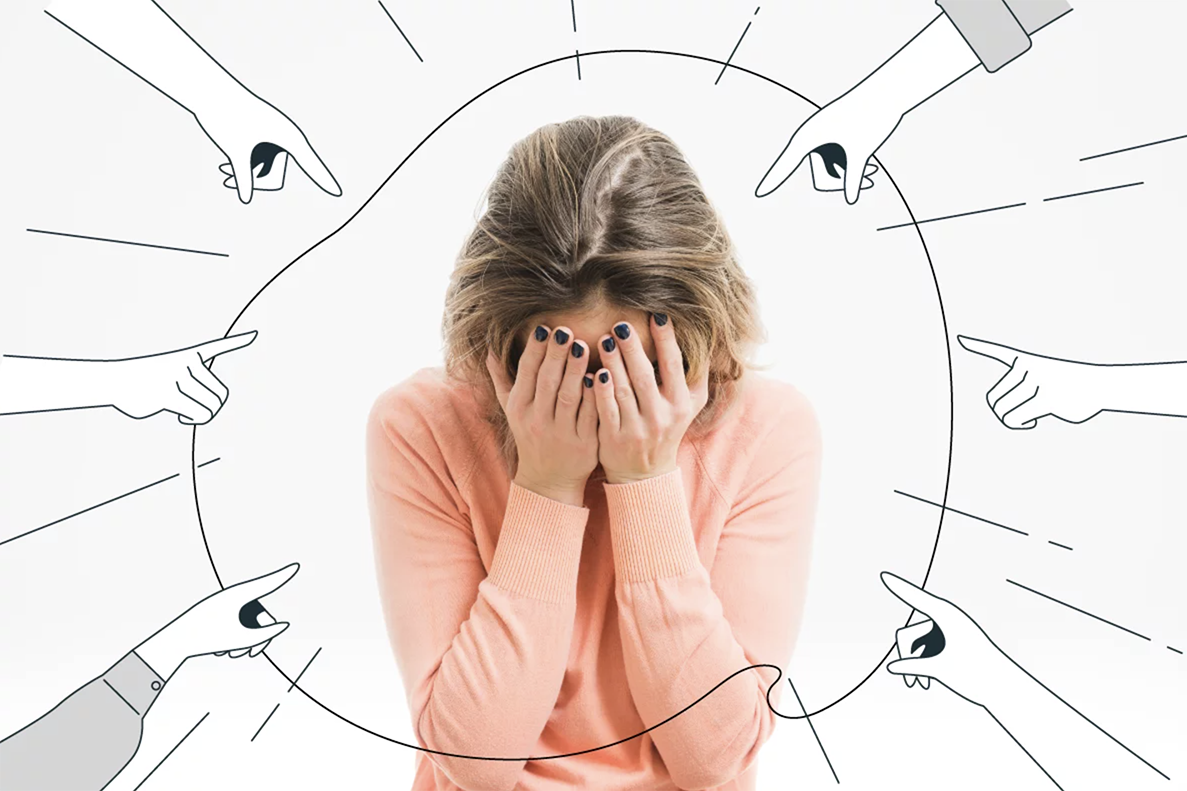This essay continues from last week’s theme: thought worms.
How Big Are Thought Worms?
Size, of course, has little meaning in the context of mind structures. What seems like a “big” thought may merely appear so, because it is always intruding. So maybe “how often?” (or how much?) would be a more helpful question.
One thing is for sure: the mechanism is operative on all ranges of thought, emotion, behaviors and beliefs. One cannot judge the size of a thought by its consequences.
Let me explain:
A person whose fingers start twitching when he sees an exciting blonde, and he wants to reach for a knife and fantasizes about stabbing her in the neck is operating on the exact same mechanism as someone who cannot resist chocolate: every time she sees a bar, she buys and eats it. The consequences of committing a murder are far more devastating than the consequences of over eating candy. But the mechanism is exactly the same.
Each of these two individuals is mad in respect of something. One would hardly attract attention, beyond mild amusement; the other would be reviled, shunned, maybe even feared by the majority of people.
But both are equally mad: that is, just mad!
A belief in personal invincibility, that leads to acts of reckless daring, is not a bigger belief than a belief one is unworthy, just a bigger problem—because of the consequences. One can get you killed; the other might lose all your friends.
It is important to grasp this because the mode of tackling and removing thought worms is the same, whatever the scale of the ensuing problem. The technique can be summed up simply by saying one must find the underlying causality. There is something unknown, activating the thought worm, and when it is found and eliminated, the belief, emotion, thought or behavior changes to normal.
Self-Deprecating Emotions
Two important variations on thought worms are painful emotions and painful thoughts I call “self-deprecating” emotions. The latter do you in, regardless of what others think of you, because you are doing it to yourself; hence self-deprecating.
There are probably many variations of self-deprecation but the main ones are: shame, guilt, regret and a sense of unworthiness. These are highly corrosive emotions.
Definition: corrosive, wearing down and steady destruction; the power to cause irreversible damage; eating away; steadily harmful.
Shame is probably the “stickiest”. Toxic shame is real, deep misery. Once it has taken root, it is like trying to get rid of horsetail in your garden. You can pull and pull on the stalks but the roots will keep sending up new shoots.
Guilt is also extraordinarily deep rooted. When a person feels guilty for some effect, it seems that no amount of rationality and reassurance will convince them of anything other than their obvious blame. It’s a self-destruct thing and beyond all reason, to the point where it is truly pathological.
Toxic shame is a feeling of unworthiness on some account. Whereas guilt is “I did bad”, shame is “I am bad.” It creates separation from others because, even if they don’t judge us, we judge ourselves. Shame is not simply a moment of embarrassment but it is the belief that our imperfections, our mistakes both past or present, mean we’ll never be good enough.
Regret is rather different. Regret means I did something that does not reconcile with my values or who I want to be. The difference between the values and the behavior is what creates the unpleasant tension we call regret.
Regret spoils all happiness. The problem with regret is that it sticks people to their past. They are wedded to something which can never happen, which is that the past be different. The past will never be other than it was. So regret is self-defeating.
Humiliation occurs when a person who commands respect or authority denigrates, discounts, or deliberately ignores the humanity, intellect, or feelings of another person. Humiliation is a potential generator of shame. Repeated humiliations are held in our minds as powerful take-downs of our self-image.
Humiliation is hurtful and often a deliberate injustice. We are all trying to do our best and to be picked on as the butt of cruel humor or twisted manipulation is more than unkind; it’s an admission by the perpetrator that he or she is stuck in shame and humiliation and trying to make themselves feel better by hitting out at others.
The folks who traditionally dominate are variously: parents, bosses, religious fanatics and fundamentalists, rich people, slim people, professionals, males, and therapists!
Dominants are often well served by, if not oblivious to, the shame that less favored people may carry.
Elsewhere in my Supernoetics® world, you may come across a phenomenon we call Pips and Pipping. That’s the tendency to respond to hostility by making ourselves smaller. Crushed. Tiny, like pips. It too is very toxic. It too is self-inflicted.
Of course, many people are dominant in one context, and subordinate in another. Even when overt coercion is absent, shame itself can keep us from challenging the hierarchies in which we live. It’s a cultural thing: knowing your place and keeping quiet is more important to many people than taking the risk of pushing back.
Finally, I mention that gnawing sense of failure and worthlessness. Often the person isn’t seen by others as a failure, but he or she has this deadly self-deprecating view, which is a mixture of “I’m no good, I can do no good, nobody cares about me, and everything I do turns out a mess…”
There is a state called “learned helplessness”, fully validated scientifically. It’s often inextricably mixed in with shame and humiliation. It can, of course, be UN-learned!
Unknownness
There is one mechanism that underpins all negative mind phenomena, and that is unknownness. Someone who has a thought worm running round and round is missing something important about the origin of the problem.
What we find in Punk Psychology® counseling, coaching and piloting is that whenever we get the actual truth at the bottom of a problem, the whole thing vanishes, never to re-appear.
Unknownness is really sticky! It holds everything in place, till it’s cleaned up. Once the unknown is known and properly understood, game over!
This marvel has to be seen to be believed. Obscurity and ignorance is actually at the bottom of most troubles, not just thought worms. Knowing and truth are the exact opposite of unknowns and will dissolve all mystery.
One of the unknowns we can call the “misalignment” of memories. Memory that is in the wrong location on the time and space line (the person’s “world path”), holds in place a fundamental untruth. The memory is saying it’s here, in the NOW, but in fact it may come from decades ago. The person may not even be able to access the memory at all.
There is something unknown. But the hurt or confusion is leaking forwards, into the now, causing these thought worms.
OK, I hope you enjoyed these insights. Again, like last week, I give you the link if you are interested in reading Punk Psychology:
To your continued psychological health!
Prof. Keith Scott-Mumby
The Official Alternative Doctor







